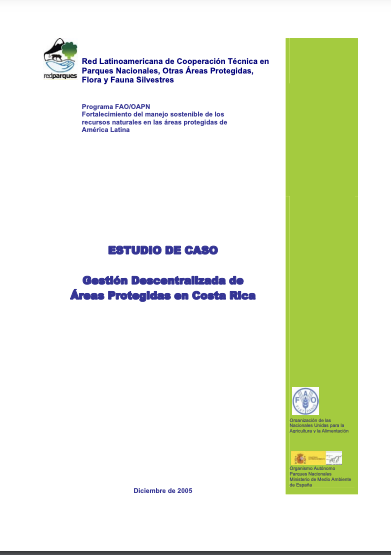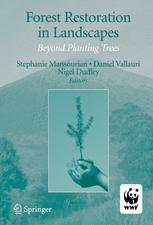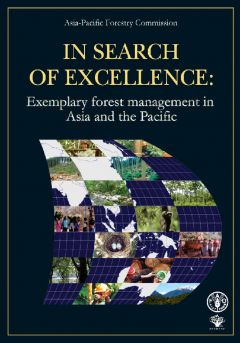Estudio de Caso. Gestión Descentralizada de Áreas Protegidas en Costa Rica
Este informe presenta el estudio de caso correspondiente a la experiencia de Costa Rica en la implementación de su Sistema Nacional de Áreas de Conservación (SINAC). En la primera sección se ofrece un bosquejo de la situación actual de las áreas silvestres protegidas costarricenses, dando énfasis a los aspectos de la institucionalidad, la legislación, las políticas, el sistema de categorías de manejo empleado y algunos aspectos relacionados con la planificación, el manejo y el financiamiento de las áreas protegidas, así como con las amenazas que estas enfrentan.







